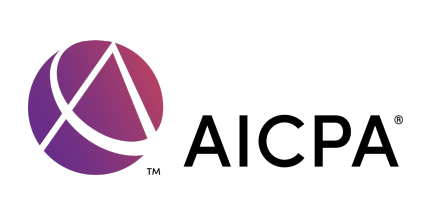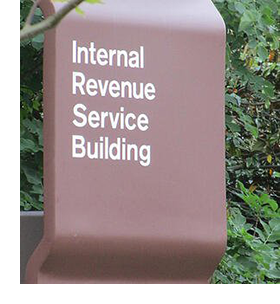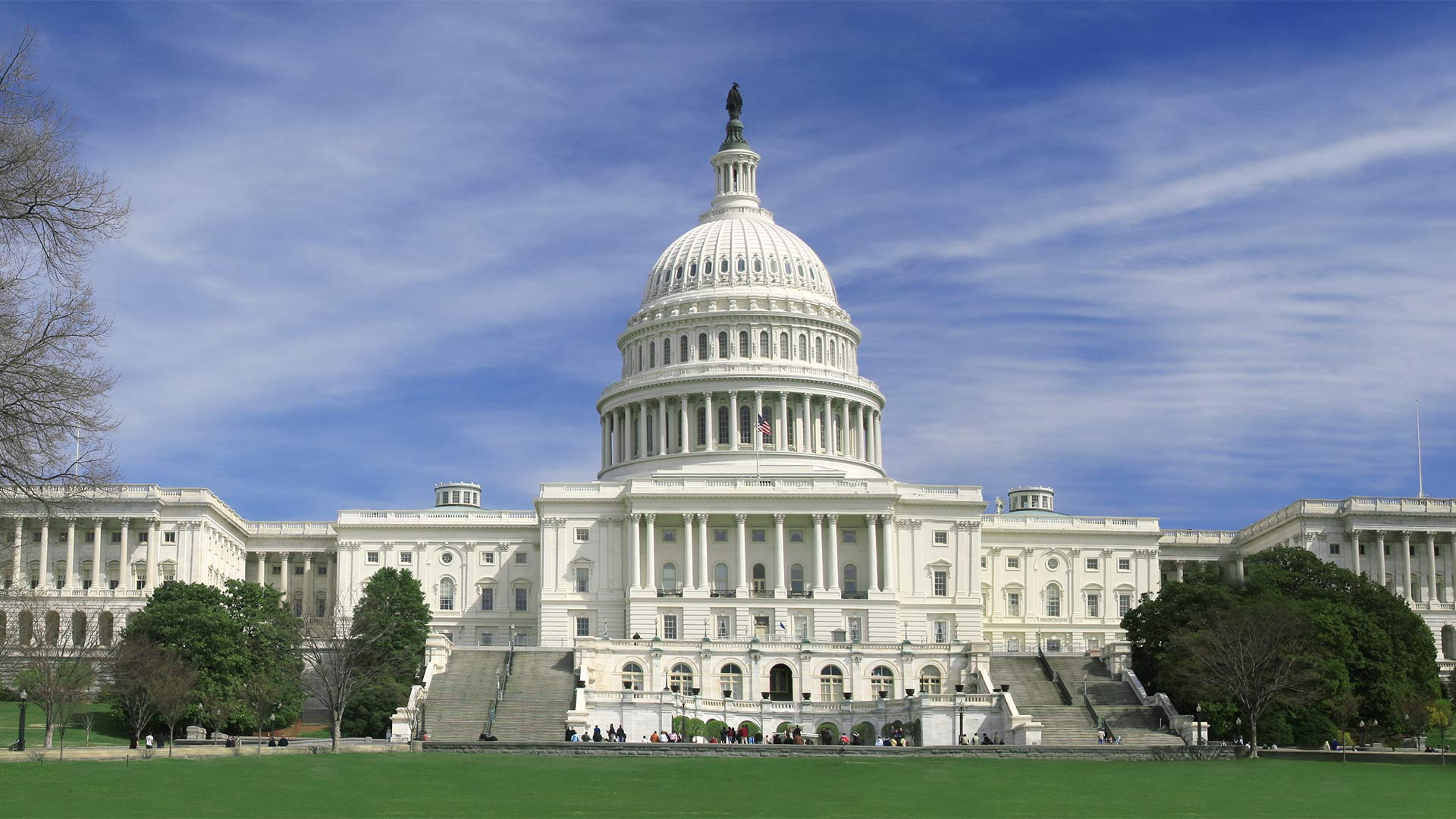On July 1, Ohio Gov. Mike DeWine signed House Bill 110 into law approving the state’s $72 billion two-year budget.
The biennial budget provides funding for state operations, overhauls K-12 school funding, provides $250 million in broadband support for underserved areas and makes numerous tax policy changes.
One of the more notable tax-related changes involves the municipal income tax and working from home.









